Outsmarting the Dry Cleaner: Choosing Machine Washable Naturals for a Toxin-Free Wardrobe

The care labels on our clothing often dictate specific cleaning methods to maintain their quality and appearance. Garments labeled "dry clean only" have long been a staple in many wardrobes, particularly for delicate fabrics or tailored pieces. However, the conventional dry cleaning process often relies on perchloroethylene, commonly known as PERC, a volatile organic compound (VOC) that poses significant risks to both human health and the environment. PERC is a neurotoxin and a potential carcinogen, and its release into the air and water during the dry cleaning process contributes to pollution and potential exposure for workers and surrounding communities. For the environmentally and health-conscious individual, seeking alternatives to dry clean only clothing by opting for machine washable natural fabrics offers a significant step towards a more sustainable and toxin-free wardrobe.
The environmental impact of dry cleaning extends beyond the use of PERC. The process also consumes energy and water, and the plastic garment bags commonly used contribute to plastic waste. Furthermore, the transportation of garments to and from the dry cleaner adds to the overall carbon footprint. Recognizing these environmental and health concerns, many individuals are actively seeking out clothing that can be easily cared for at home using less toxic methods.
Fortunately, a growing number of sustainable fashion brands are prioritizing the use of machine washable natural fabrics like organic cotton and linen, offering stylish and durable alternatives to garments that require dry cleaning. These fabrics are breathable, comfortable, and can be easily laundered at home, avoiding the need for harsh chemical solvents. By consciously choosing clothing made from these materials, we can reduce our exposure to PERC and minimize the environmental impact associated with dry cleaning, building a wardrobe that is both kind to our bodies and the planet.
The Clean Sweep: Embracing Machine Washable Naturals
Moving beyond the reliance on dry cleaning opens up a world of easily cared for and environmentally friendly fabrics:
Organic Cotton: Softness and Sustainable Care
Organic cotton, grown without the use of synthetic pesticides and fertilizers, offers a soft, breathable, and machine washable alternative to fabrics that often require dry cleaning. Its gentle nature on the skin and the reduced environmental impact of its cultivation make it a preferred choice for sustainable fashion. Brands like Amour Vert often prioritize organic cotton in their collections, offering a range of stylish and easy-care garments.
Linen: Durable Elegance, Effortless Cleaning
Linen, derived from the flax plant, is another excellent natural fiber that is both elegant and machine washable. Known for its strength, breathability, and ability to soften with each wash, linen offers a durable and sustainable alternative to dry clean only fabrics. Its inherent texture and beautiful drape make it suitable for a variety of styles. Tradlands often features linen prominently in their collections, offering timeless and easy-care pieces.
Other Machine Washable Naturals
Beyond organic cotton and linen, other machine washable natural fabrics like hemp and Tencel also provide sustainable and easy-care alternatives to dry clean only clothing. Hemp is known for its durability and minimal environmental impact, while Tencel is prized for its softness and sustainable production process.
Building a Sustainable and Easy-Care Wardrobe
By consciously choosing clothing made from machine washable natural fabrics like organic cotton and linen, we can significantly reduce our reliance on dry cleaning and the associated environmental and health risks. Investing in high-quality, durable pieces made from these materials ensures a long-lasting wardrobe that is both stylish and easy to care for at home.
Related Blogs
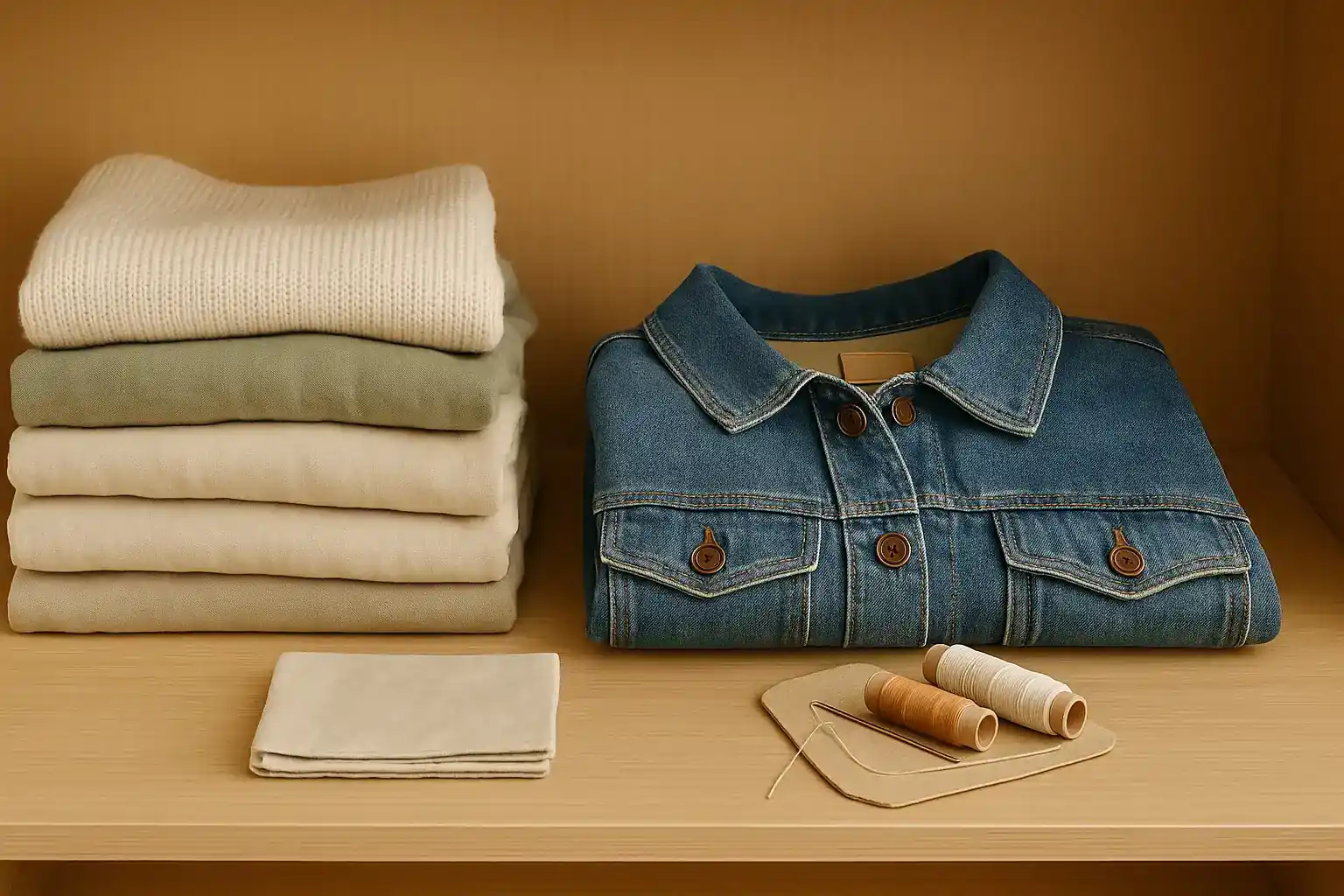
10 Transformative Wardrobe Swaps for a Lighter Environmental Fashion Footprint
Learn how to reduce your fashion footprint with impactful wardrobe swaps.
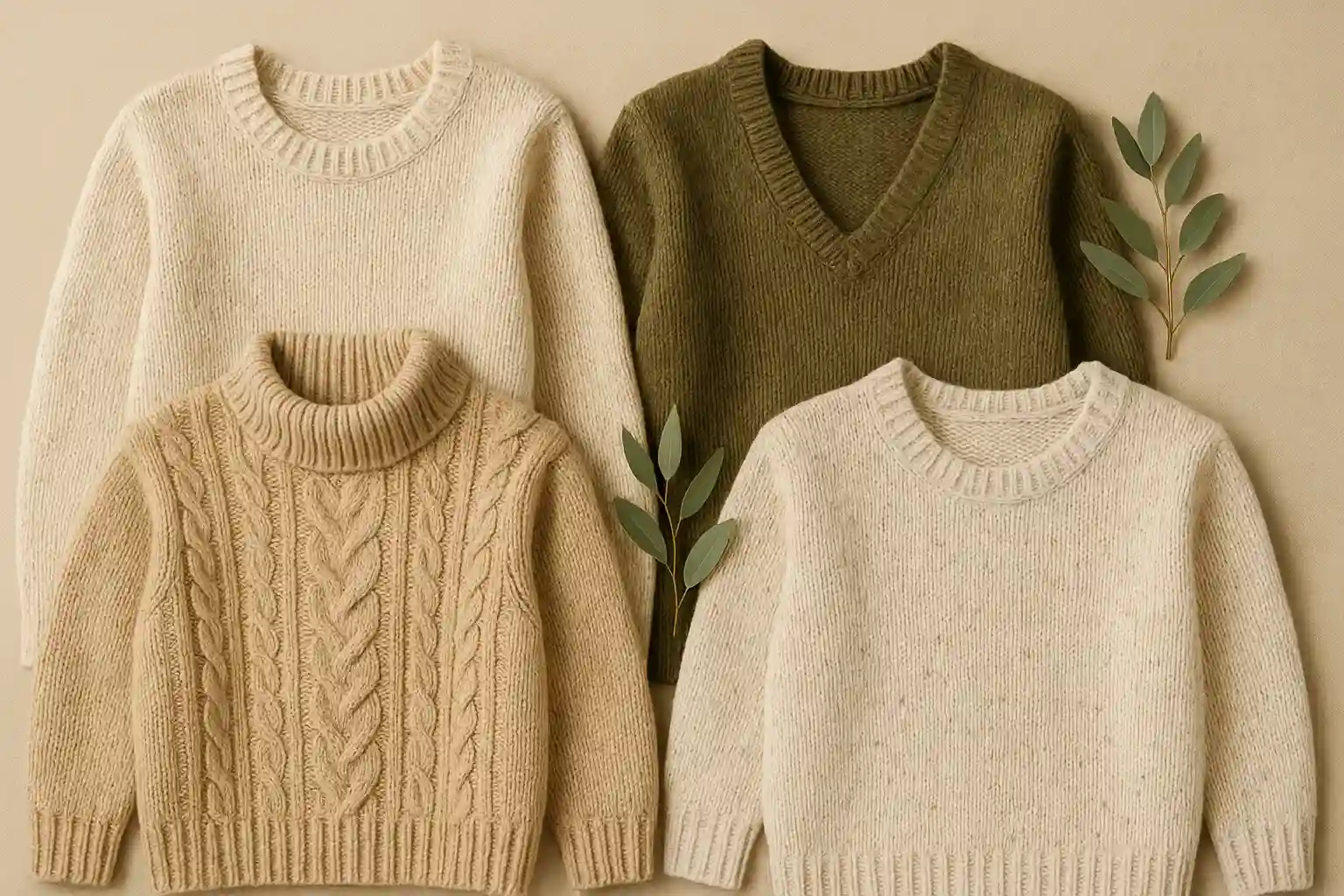
Wrap Yourself in Responsibility: Choosing Sustainable Alternatives to Acrylic Sweaters
Upgrade to durable and breathable wool (certified farms), alpaca, or Tencel-blend knits.
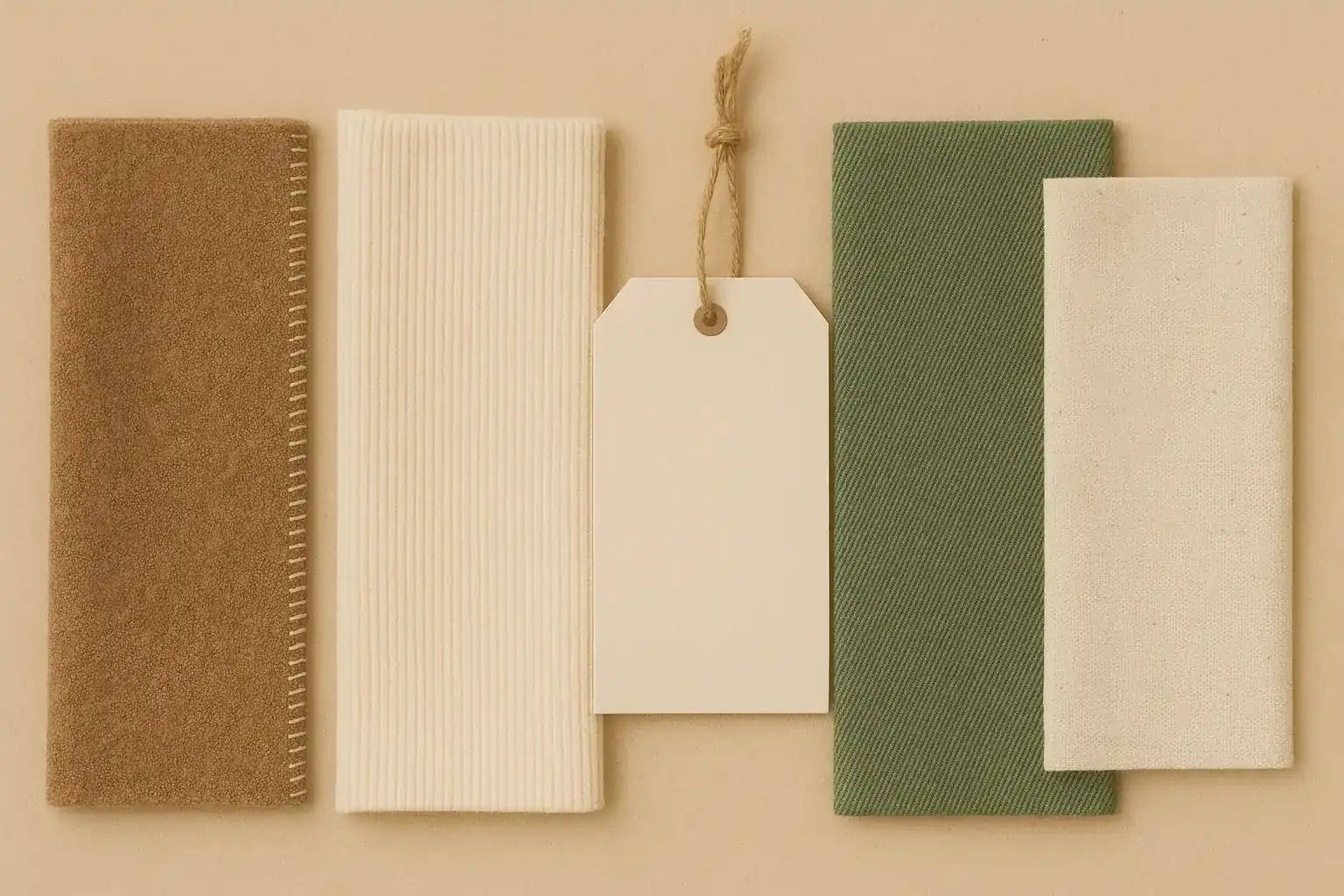
Decoding Fabric Labels: What's Really Sustainable?
Insights on decoding fabric labels in a sustainable way.

Step Lightly: Choosing Sustainable Alternatives to Nylon Stockings
Opt for recycled nylon, biodegradable, or ladder-resistant hosiery for longer wear and less waste.
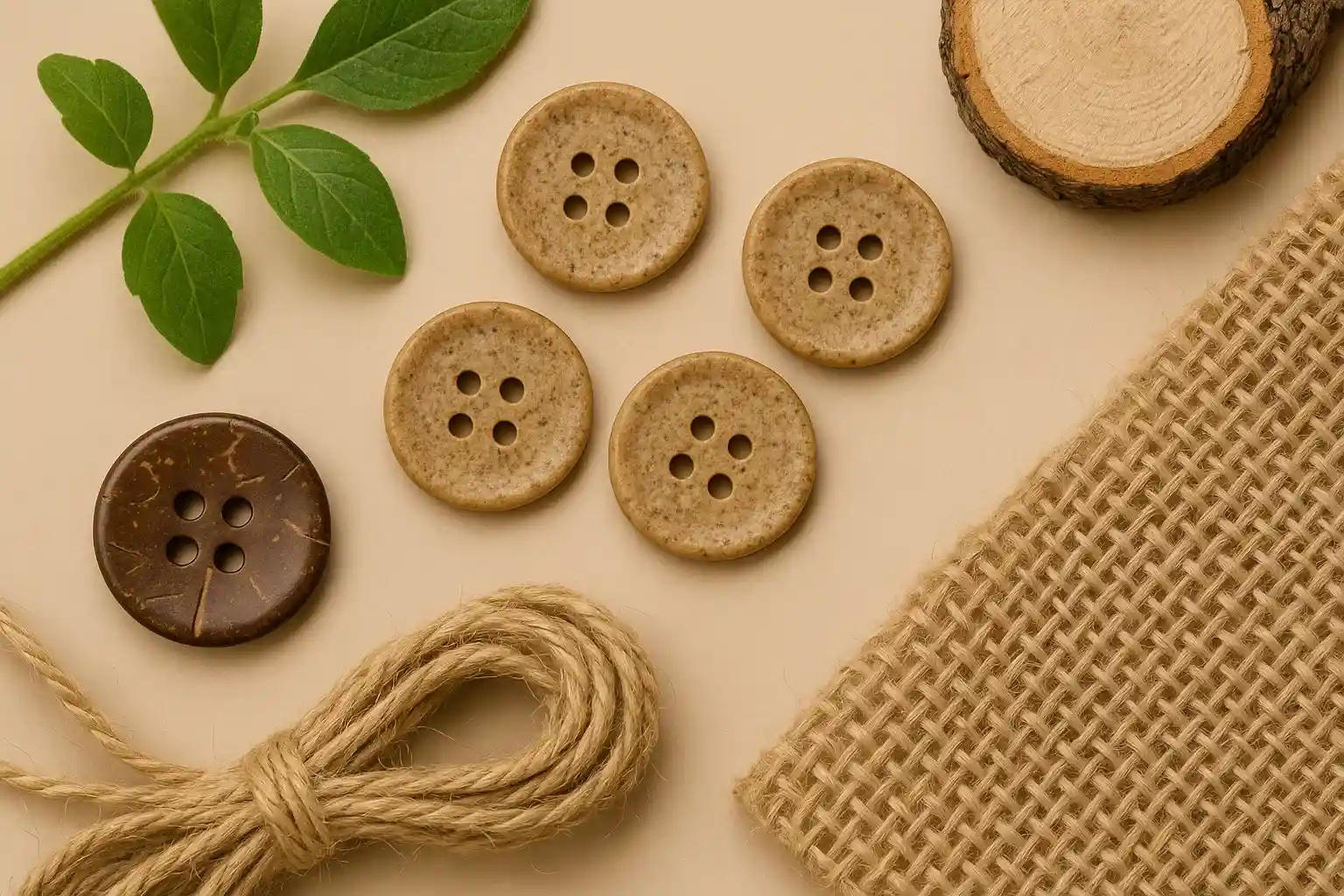
Fastening the Future: Choosing Sustainable Alternatives to Plastic Buttons
Opt for biodegradable coconut shell, corozo, or wood buttons for eco-conscious clothing.
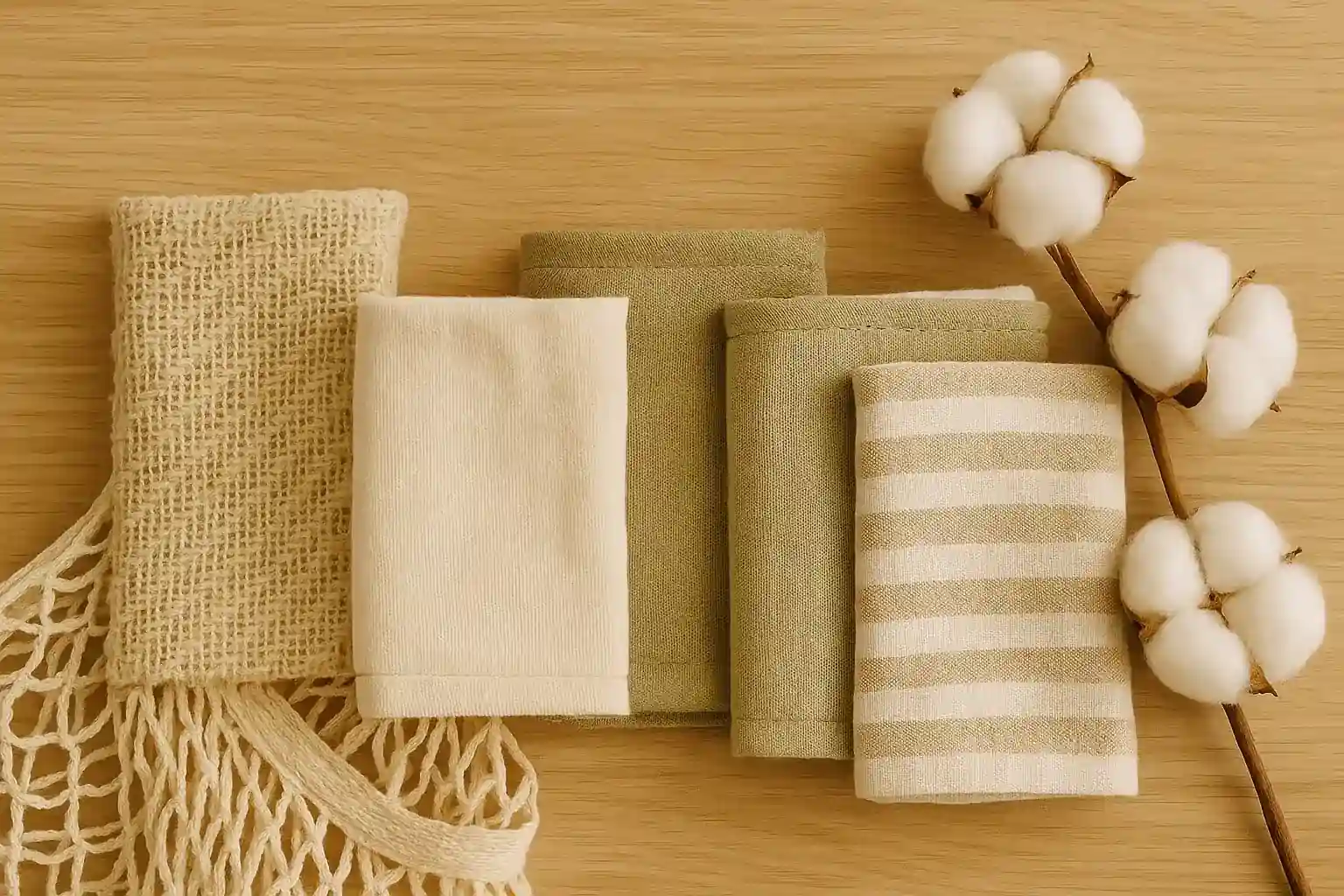
Eco-Friendly Fabrics 101: What to Look For
A beginner’s guide to identifying sustainable & low-impact fabrics.
Stay in the Loop
Get tips and insights tailored to your interests — no spam, just sustainability.